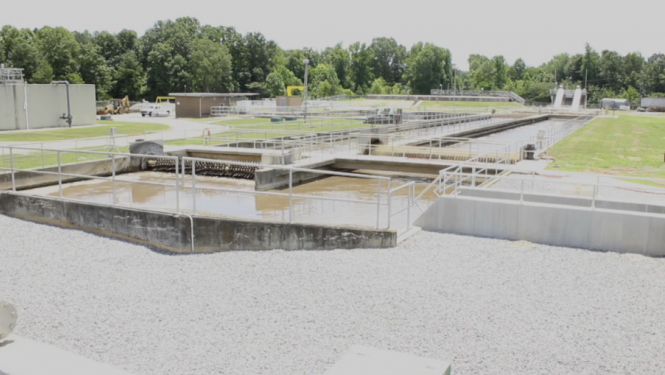
Sherry Bradley and Perman Hardy met on an ordinary Friday afternoon. Amid national and international media recognition of the egregious sanitation and health challenges facing counties across the Black Belt, they helped create an extraordinary consortium of community members, academic institutions, nonprofits, and government agencies dedicated to finding practical solutions for wastewater issues throughout the Black Belt in Alabama.
The Black Belt Unincorporated Wastewater Project, UAB Sanitation Health and Equity program and other members of the Alabama Rural Water and Wastewater Management Consortium, are utilizing historic state and federal infrastructure funding to implement real solutions on the ground, transforming communities through education and bringing justice to areas that have long been overlooked and underserved for these basic needs.
OFFICIAL SELECTIONS: George Lindsey UNA Film Festival, St. Augustine Shorts Film Festival, Social Impact Film Festival, McMinnville Short Film Festival, Flagstaff Mountain Film Festival
Directed by Astrid Malter.

Critical to the environment, public health, and quality of life, wastewater infrastructure in Alabama - and throughout the country - suffers from decades of lack of investment and racial discrimination, and is increasingly threatened by the changing climate.
Directed by Sarah Franke.
A mosquito bite decades ago leads Catherine Coleman Flowers on her life’s journey.
The second in the Southern Exposure series, this captivating film brings viewers into the world of Catherine Coleman Flowers, a Lowndes County, Alabama activist who became passionate about the environment when she found out that tropical diseases, like hookworm, were showing up in her community because of sewage treatment problems. Her journey to solve problems at the intersection of poverty, climate change, and politics has taken her from the Alabama Black Belt to Washington, D.C. to Switzerland and back. She shares her special connection to place and invites you in to a day in her life.
Directed by Ellen Esling.

People believe that what they flush down the toilet gets cleaned at a wastewater treatment facility. But in Alabama, the lack of funding to repair and maintain aging infrastructure often leads to untreated wastewater being dumped in places where families swim, paddle and fish. Even worse, there is no comprehensive system to notify the public when water quality has been compromised. In the absence of agency enforcement, how can citizens take action and hold these facilities accountable? Directed by Cai Thomas.